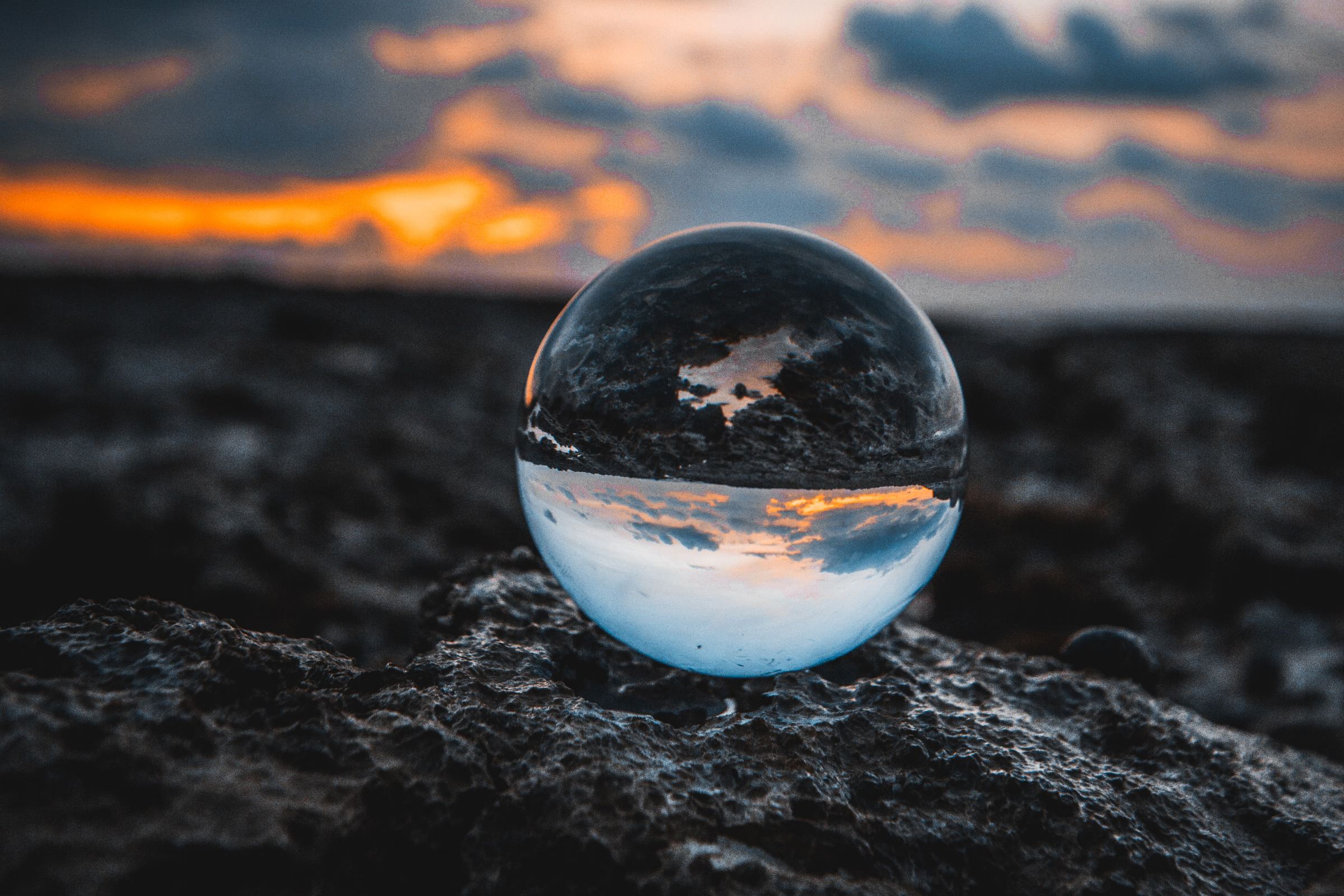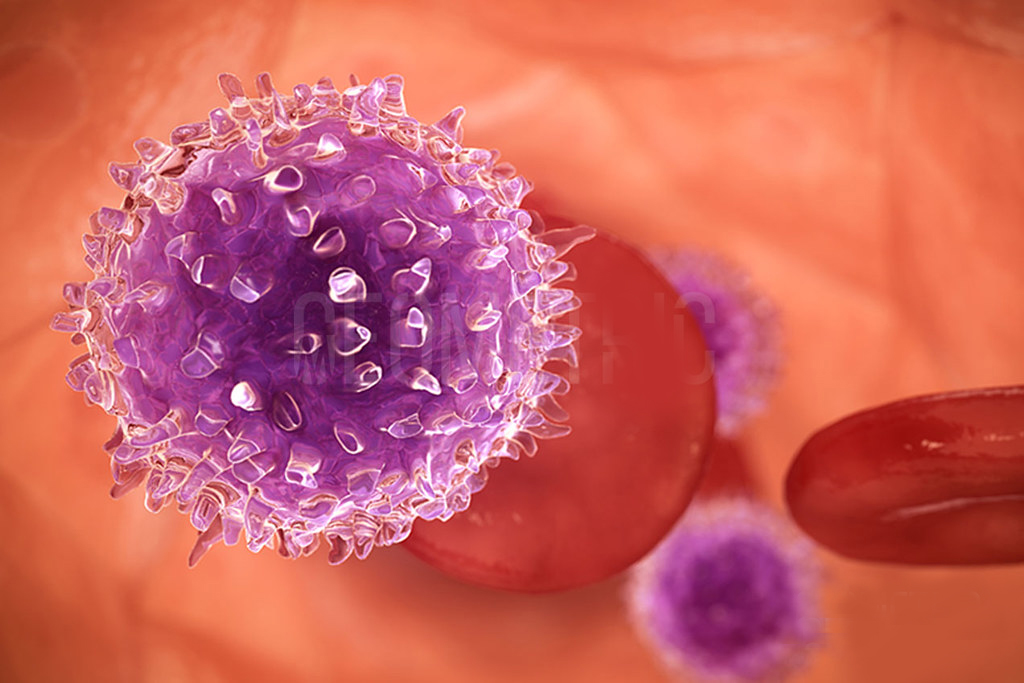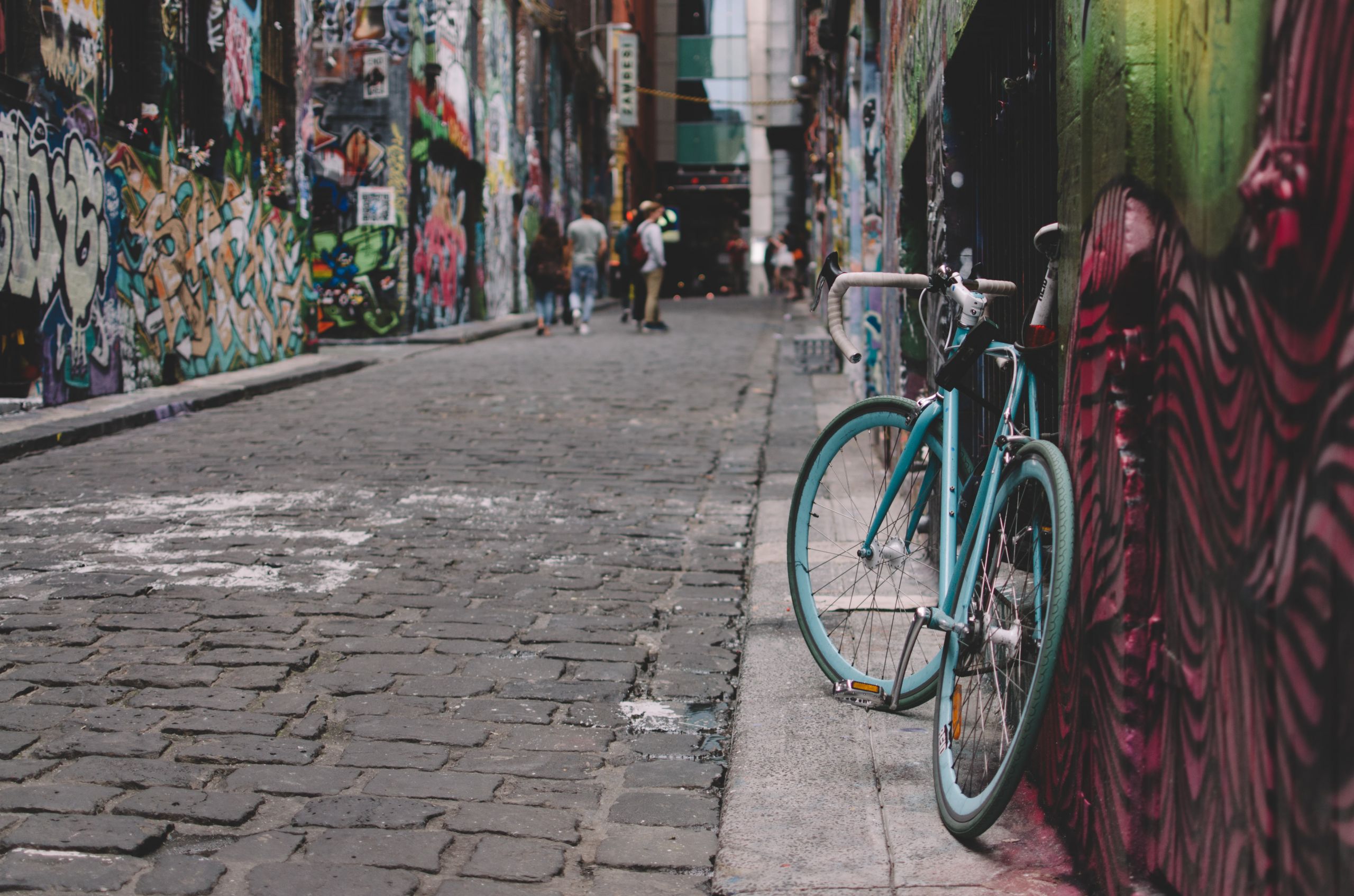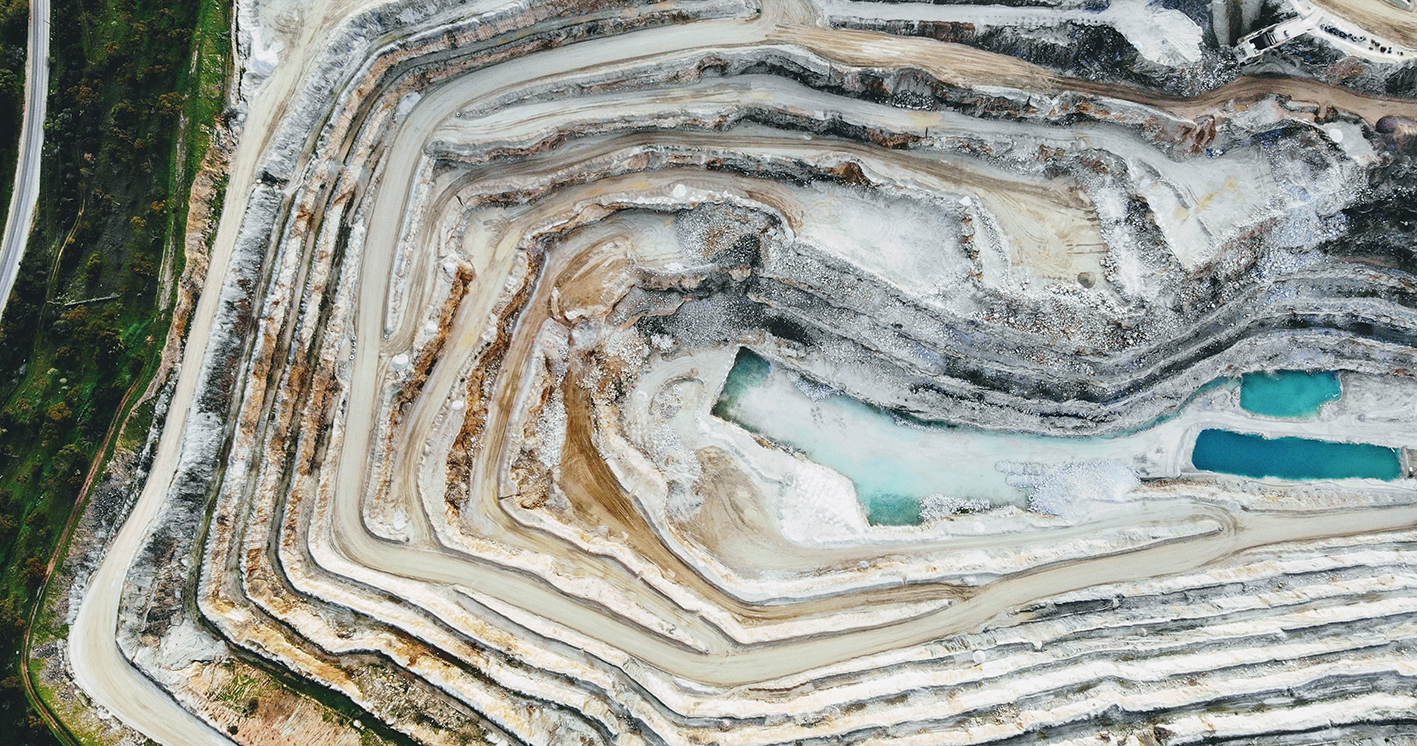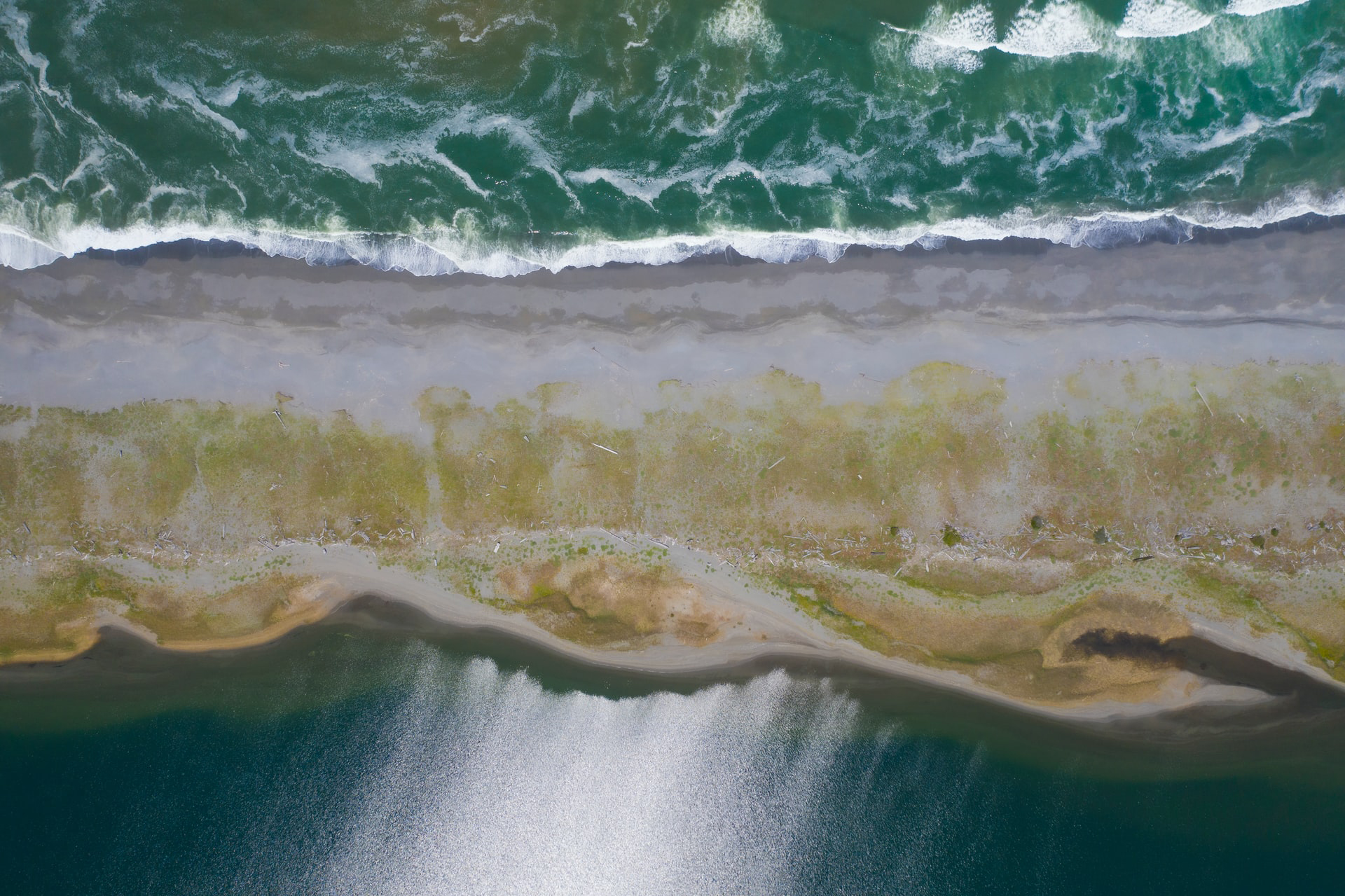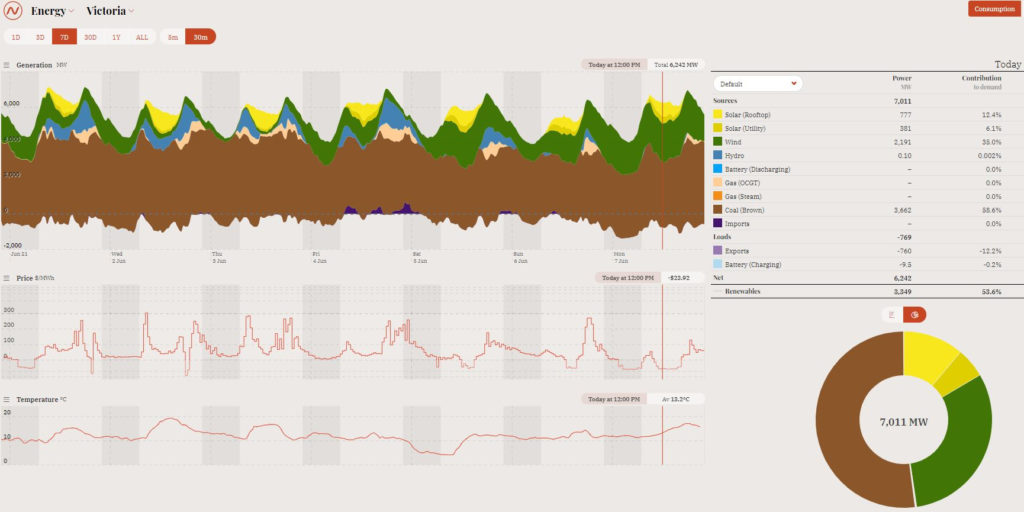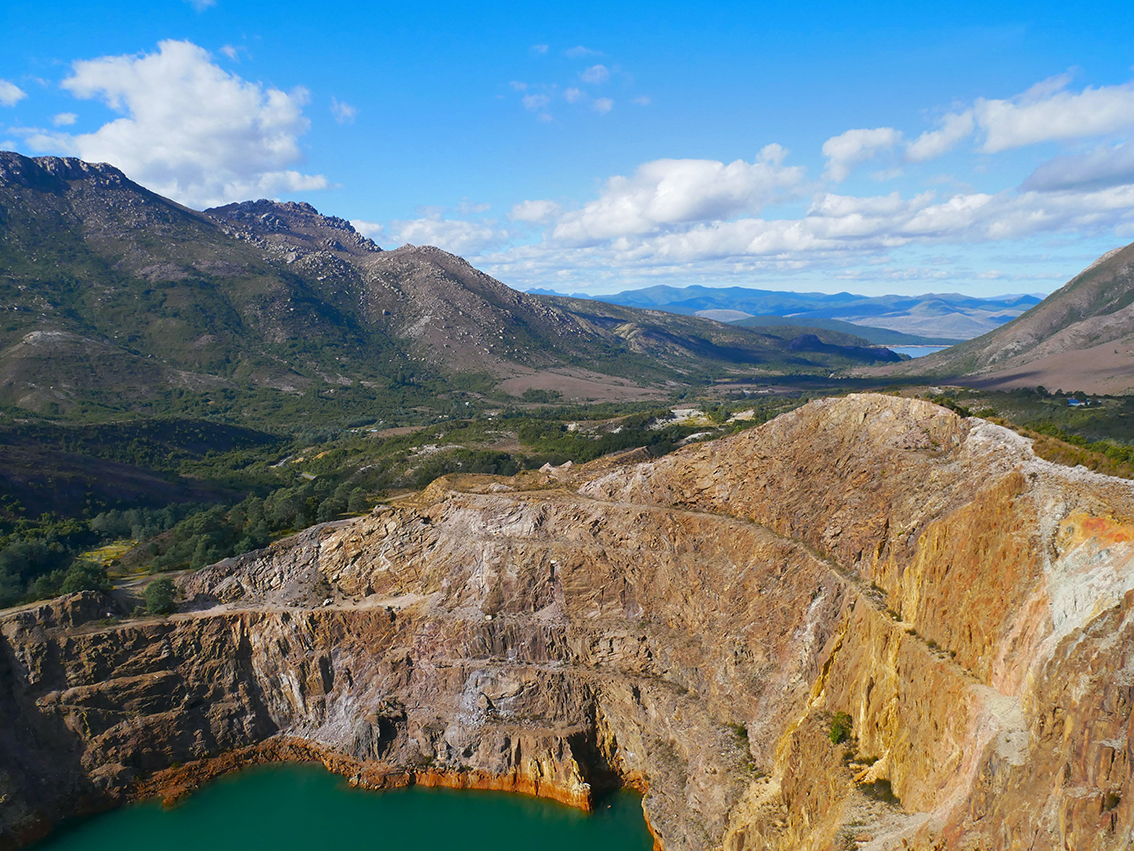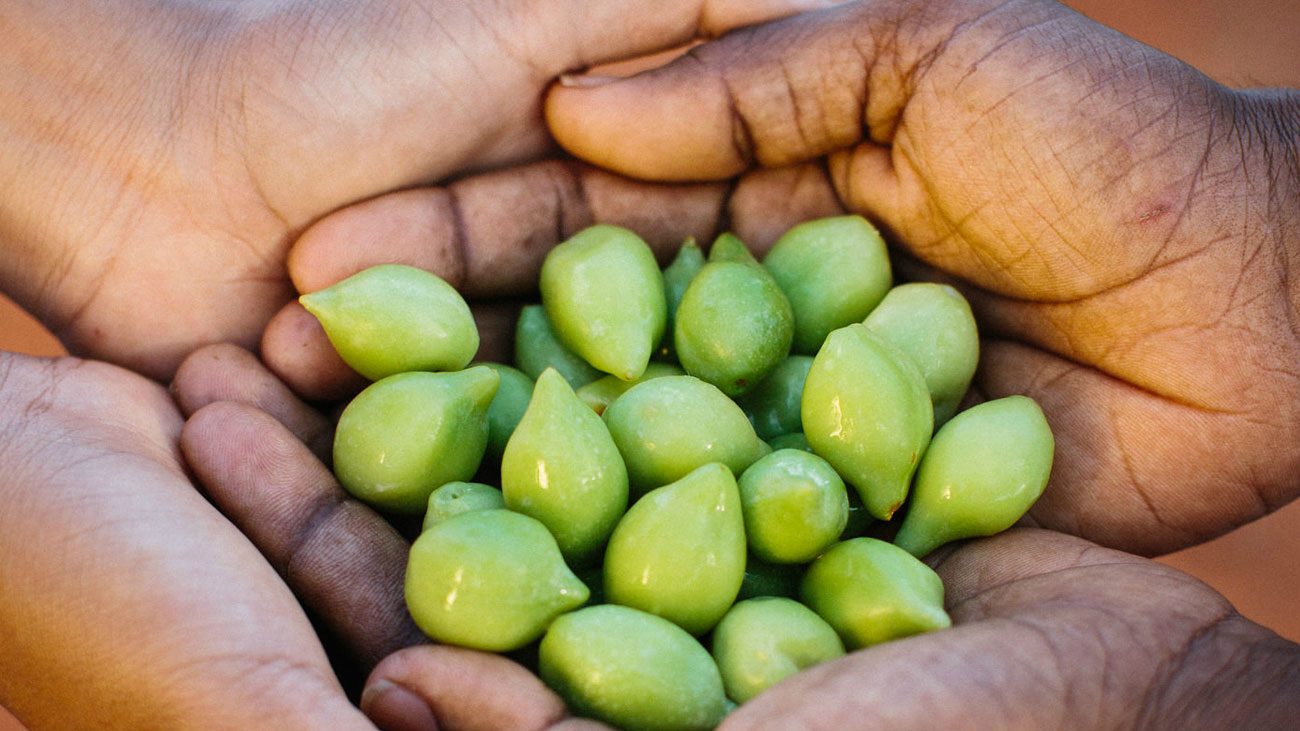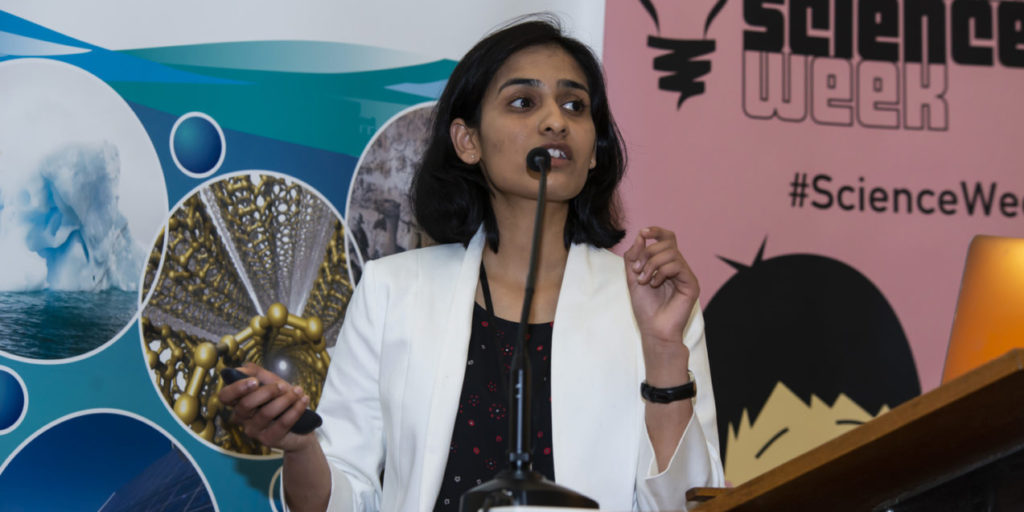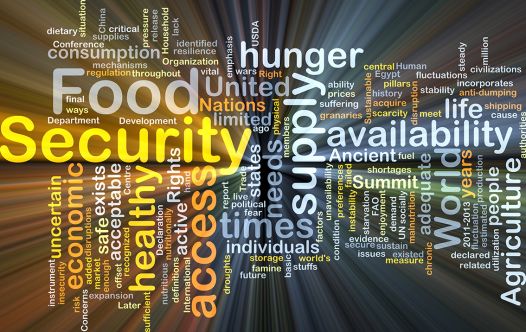Why the world needs ecologists
Online eventWe are drowning in bad news. Two pages into the (1000pg) United Nations Global Assessment of Biodiversity and Ecosystem Services and you’ll be pleading for Tolstoy. Even David Attenborough is depressing these days. Ecosystems collapse and species loss is being documented across the planet, with profound existential ramifications. Habitat degradation and loss remains the key driver of biodiversity loss, but climate change and invasive species promise to compound the damages we have [...]

